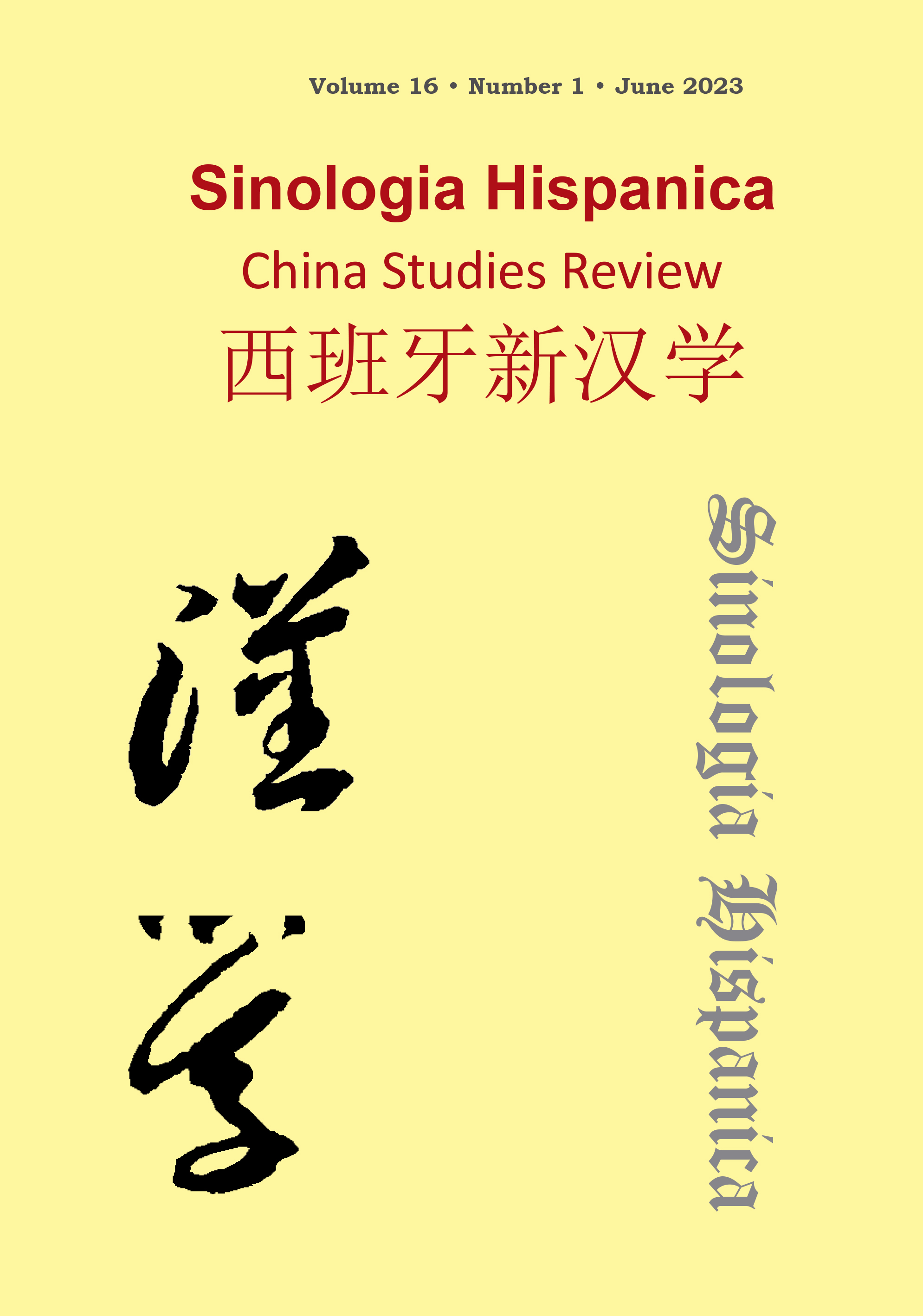Change of Identity and Relationship Reflected in A Special Case of Back-Translation: From Mo Xia Zhuan to Historia del Caballero Encantado
DOI:
https://doi.org/10.18002/sin.v16i1.7682Keywords:
Back-translation; Alicia Relinque Eleta; Lin Shu; indirect translation; collaborative translation.Abstract
In 2021, Professor Alicia Relinque Eleta, the Spanish sinologist, translated Mo Xia Zhuan, which is the first Chinese translation of the Spanish classical novel Don Quijote de la Mancha (1603/1988) back into Spanish. Mo Xia Zhuan (1922/1933) was translated by Lin Shu (1852-1924), a monolingual translator, in collaboration with Cheng Jialin, using the English translation The history of the ingenious gentleman Don Quixote of La Mancha by Peter Anthony Motteux (1663-1718) as the intermediary text. Therefore, during the process of translation, a lot of changes occurred if compared with the original Spanish text. By using the translation of Alicia Relinque (1960- ) as a medium, the cultural encounters behind the texts are displayed to see which cultural elements were “activated” and which were “obscured”. As a pilot study, this research aims to discover and analyze a particular case of back-translation, focusing on the changes of identity and relationships of characters to figure out what alterations have been made and the possible reasons during the process of translation. This study can bring new dimensions to the complicated nature of back-translation in particular and translation in general.
Downloads
Métricas alternativas
Downloads
Published
Versions
- 2024-03-06 (3)
- 2024-02-15 (2)
- 2023-05-28 (1)
How to Cite
Issue
Section
License

This work is licensed under a Creative Commons Attribution-NonCommercial-ShareAlike 4.0 International License.
Sinología Hispánica. China Studies Review considers all manuscripts on the strict condition that:
- The authors assign the exploitation rights (reproduction, distribution, public communication and transformation) of the work accepted for publication to the University of León on a non-exclusive basis. Authors can establish, on their own, additional agreements for the non-exclusive distribution of the version of the work published in the journal (for example, placing it in an institutional repository or publishing it in a book), always acknowledging the initial publication. in this magazine.
- The manuscript is your own original work and does not duplicate any other previously published work, including your own previously published work.
- The manuscript is not currently under consideration or peer review, nor accepted for publication, nor in press, nor published elsewhere.
- The manuscript contains nothing that is abusive, defamatory, libellous, obscene, fraudulent, or illegal.
- Please note that Sinologia Hispanica uses Turnitin software to screen manuscripts for unoriginal material. By submitting your manuscript to Sinologia Hispanica you are agreeing to any necessary originality checks your manuscript may have to undergo during the peer-review and production processes. Any author who fails to adhere to the above conditions will be rejected.
- Authors are allowed and encouraged to electronically disseminate the pre-printed versions (version before being evaluated) and / or post-printing (version evaluated and accepted for publication) of their works before publication, since it favors their circulation and dissemination more early and with it, a possible increase in its citation and reach among the academic community.
Sinologia Hispanica is under an international license Creative Commons Attribution-Noncommercial-Share Alike 4.0. You can read more about this license in an informative version and legal text.










